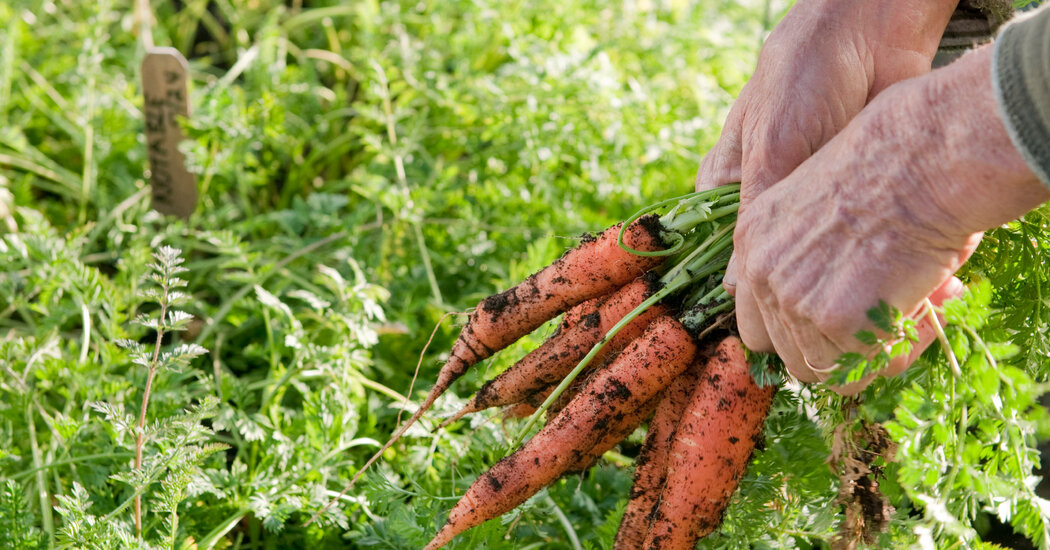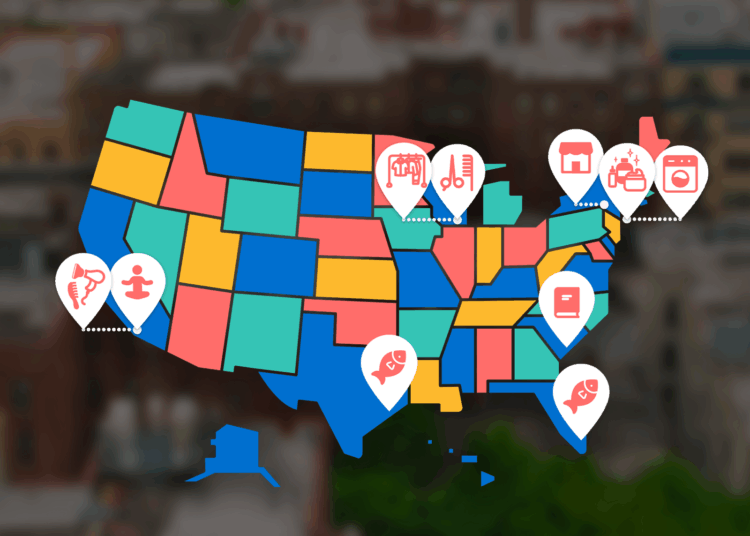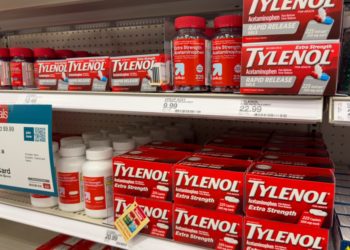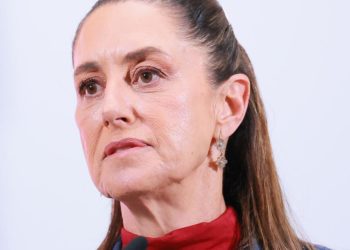In a world that often seems to imply that we can shop our way to a solution to anything, Eliot Coleman’s message to gardeners and farmers is starkly different, and has been for some 50 years.
Mr. Coleman, 86, a longtime leading voice in organic growing, continues to champion what he calls “processes, not products” — cultural practices performed in behalf of the soil.
His model does not rely on bags of store-bought blood meal or granular limestone, or on deliveries of compost by the cubic yard. Instead organic success comes through cultivating homegrown fertility in the same ground that will support our tomatoes and salad greens.
“People think organic is merely buying a lot of these expensive inputs and putting them into your soil — which works, it absolutely works, but it isn’t the basis of organic farming or gardening,” he said.
The essentials of organic growing, he keeps reminding us, are soil-sustaining actions such as composting. (Note to self: Turn the heap this fall.)
“The world’s best soil improver can be made for free in your backyard from waste products,” he said in a recent interview. And then he quickly delivered a tiny dose of trademark Coleman humor as the punchline: “I mean, that should be illegal in a good capitalist society.”
My call to Mr. Coleman’s Four Season Farm in Maine was prompted by his book, “The Self-Fed Farm and Garden: A Return to the Roots of the Organic Method,” which publishes on Nov. 4. Even though it’s a farming-centric volume, it nevertheless reminded me just how much he has handed down to gardeners like myself, too.
Much of the learning came from his 1989 book, “The New Organic Grower: A Master’s Manual of Tools and Techniques for the Home and Market Gardener,” which has endured in popularity and was updated in a 30th-anniversary edition in 2018.
Among the vital lessons I took from that book were ones about soil blocking — starting seedlings in blocks of compressed soil, not plastic cell packs — and using cold frames or low tunnels fashioned of hoops and row-cover fabric to stretch the season, despite my northern location.
“The New Organic Grower” likewise provided such empowering discoveries for Dan Barber back when he was a college senior. Now 56, Mr. Barber is the executive chef and co-owner at Blue Hill at Stone Barns, a restaurant in Pocantico Hills, N.Y.
Two indelible insights that Mr. Barber, who wrote the introduction to “The Self-Fed Farm and Garden,” credits Mr. Coleman with: “Farming the cold weather; farming marginal soil.”
“Eliot’s particular brilliance for me is how he refused to succumb to the short growing season in Maine,” Mr. Barber said. “He had an insight about daylight and season extension that defied convention — he didn’t invent that idea, of course, but he’s taken it further than any farmer I know. He showed that farming the four seasons is possible and delicious.”
It was the idea that Stone Barns Center for Food & Agriculture, site of one of Mr. Barber’s restaurants, was founded on, he added. He sought Mr. Coleman’s advice when designing the farm.
To Mr. Coleman, an organic farm or garden is a living organism, and its soil’s fertility is biologically based, not chemically based. Our actions can enliven it, and like composting, the fertility-building process of cover cropping — growing what is often called green manure — is another foundational tactic.
“In another act of what I call Eliot’s refugia, he didn’t give in to his land’s poor soil,” said Mr. Barber, alluding to the 60 rocky acres of spruce and fir forest that Mr. Coleman bought in 1968 from the celebrated back-to-the-land pioneers Helen and Scott Nearing. “He proved over a relatively short period of time that growing soil and organic matter with on-farm inputs is in fact possible,” Mr. Barber added.
Just as Mr. Barber found the spirit of possibility in Mr. Coleman’s writing, Mr. Coleman had his own gateway book: the Nearings’ “Living the Good Life: How to Live Sanely and Simply in a Troubled World,” from 1954. It became the first title in Mr. Coleman’s home library, which now contains more than 2,500 volumes on organics.
Raising Fertility While Limiting Weeds
There might be one thing we do need to buy to support our soil’s fertility: seed for cover crops.
These days, in Mr. Coleman’s home vegetable garden, as it had been for decades in the farm fields, green manuring is an essential weed- and erosion-control strategy.
On his 86th birthday last December, Mr. Coleman and his wife, the writer Barbara Damrosch, leased Four Season Farm long term to a young family who continue the organic tradition. Mr. Coleman and Ms. Damrosch grow their own vegetables instead now on a 50-by-50-foot parcel, with one half cultivating crops in any growing season. The other half rests in a grass-legume pasture mix “to care for the soil and store up fertility for bounteous vegetables the following year after that sod crop has been tilled in,” he writes in the new book.
The space is used to maximum productivity with successional plantings — brassica transplants go in where the early peas are done, or after an onion harvest, for example. But sometimes there is no immediate next crop, which is where buckwheat comes in. They sow its seeds in spots that would otherwise lie empty for a stretch, such as when their spring spinach is done, to crowd out would-be weed seedlings, as well as support the soil.
Buckwheat grows quickly, Mr. Coleman said, and there is a trick to its successful management: Before it’s more than 20 percent in flower, set the mower blade high and cut it, so it doesn’t set seeds that might otherwise become weedy themselves but instead keeps producing vegetative growth.
“And so that early spinach land can be in a sort of self-replicating buckwheat until I need it again,” Mr. Coleman said.
Come winter, they let the buckwheat freeze in place; its residue is raked off and composted early the next spring.
Food Grown in Soil, not Hydroponically
It’s all about the soil for Mr. Coleman, which is why he is vocal, too, in his criticism of the U.S. Agriculture Department for what he sees as its failure to enforce key aspects of the original law that defines what’s organic, specifically the requirement that organic farmers maintain the health of the soil they are growing in. These days, sometimes crops don’t see soil at all.
He and Mr. Barber are members of the advisory board of the Real Organic Project, a farmer-led nonprofit founded in 2018 that now has more than 1,000 member farms.
Its advocacy and educational efforts take aim at the erosion of the meaning of “certified organic” in the United States. The definition has expanded to include crops grown hydroponically (the only nation so far to include hydroponics), and animals raised in factory farms instead of on well-managed pastures, as the original law had designated.
Real Organic Project offers members an add-on label to affix to their products — beyond the more familiar “U.S.D.A. Organic” one — in the hope of alerting consumers to this distinction of soil-based agriculture.
Whether through current journals or a book from his library, Mr. Coleman is perhaps most energized by explorations of the idea that healthy plants resist pests, which he has witnessed growing season after growing season.
He spoke of that in August on the “Market Gardener” podcast, hosted by Jean-Martin Fortier, a Quebec-based organic market gardener and author whom Mr. Coleman has mentored. (Mr. Fortier is also on the Real Organic Project advisory board.)
Mr. Coleman mentioned new research he’d been reading, much of it from Europe, about what’s happening in the root zone of plants — how they give off exudates that stimulate bacteria in the soil, and how those bacteria “are the ones that are doing them the most good and helping their ability to remain pest-free,” he said.
“Normally I’m an atheist,” he added to immediate laughter from the audience of organic farmers at the taping, “but some of that almost makes me believe in God, because it’s just unbelievable that these systems are operating the way these European researchers describe them.”
The post Essential Rules From a Champion of Organic Growing appeared first on New York Times.




